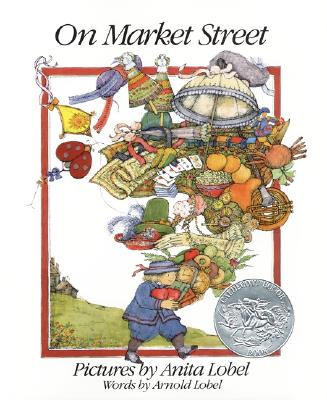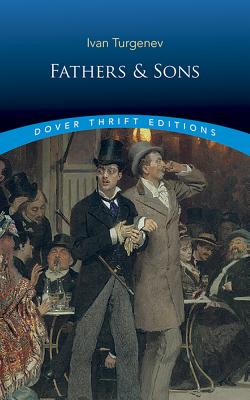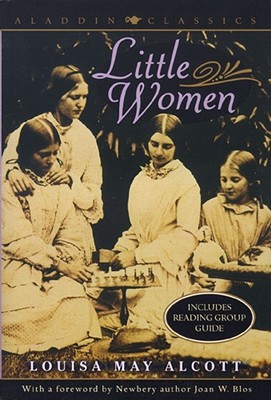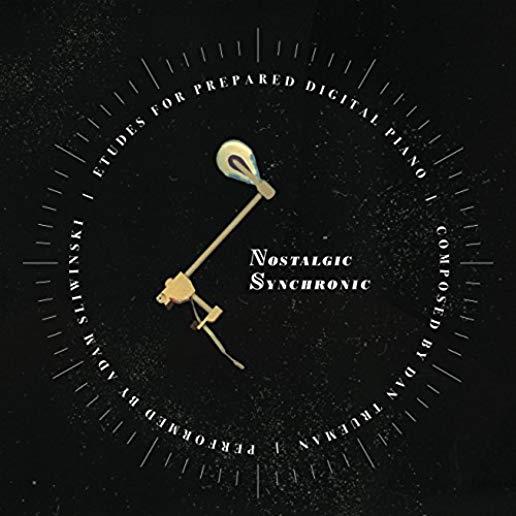
description
3
"How Conrad's imperial horror story Heart of Darkness resonates with our globalised times." - The conversation
Heart of Darkness is a short novel by Polish novelist Joseph Conrad, written as a frame narrative, about Charles Marlow's experience as an ivory transporter down the Congo River in Central Africa. The river is "a mighty big river, that you could see on the map, resembling an immense snake uncoiled, with its head in the sea, its body at rest curving afar over a vast country, and its tail lost in the depths of the land". In the course of his travel in central Africa, Marlow becomes obsessed with Mr. Kurtz. The story is a complex exploration of the attitudes people hold on what constitutes a barbarian versus a civilized societyand the attitudes on colonialism and racism that were part and parcel of European imperialism. Originally published as a three-part serial story, in Blackwood's Magazine, the novella Heart of Darkness has been variously published and translated into many languages. In 1998, the Modern Library ranked Heart of Darkness as the sixty-seventh of the hundred best novels in English of the twentieth century.About the Author
Joseph Conrad 3 December 1857 - 3 August 1924) was a Polish-British writer regarded as one of the greatest novelists to write in the English language. Though he did not speak English fluently until his twenties, he was a master prose stylist who brought a non-English sensibility into English literature. Conrad wrote stories and novels, many with a nautical setting, that depict trials of the human spirit in the midst of what he saw as an impassive, inscrutable universe. Conrad is considered an early modernist, though his works contain elements of 19th-century realism. His narrative style and anti-heroic characters, as in Lord Jim, for example, have influenced numerous authors, and many films have been adapted from, or inspired by, his works. Numerous writers and critics have commented that Conrad's fictional works, written largely in the first two decades of the 20th century, seem to have anticipated later world events."The book was Zeitgeist-y enough to provide the epigraph for his epoch-defining poem." - T.S. Eliot
member goods
No member items were found under this heading.
listens & views
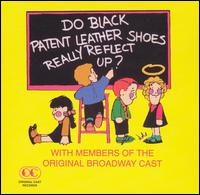
DO PATENT LEATHER SHOES REALLY ...
by DO PATENT LEATHER SHOES REALLY REFLECT UP / O.B.C.
COMPACT DISCout of stock
$17.49
Return Policy
All sales are final
Shipping
No special shipping considerations available.
Shipping fees determined at checkout.
